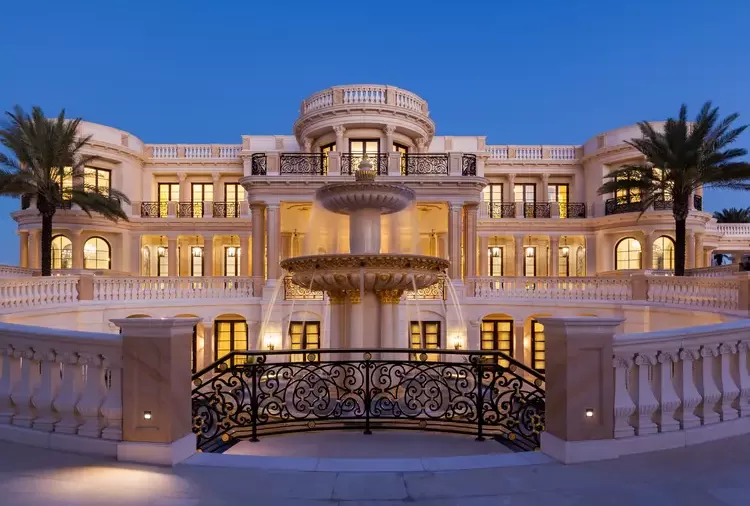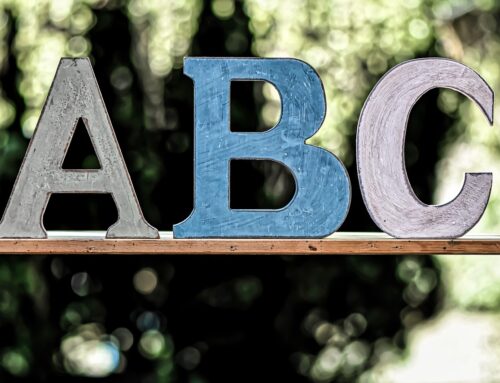The Extravagari DNA lives on – or does it?
Thinking of someone I met the other day I decided to look into the history and etymology of the word ‘extravagant’.
This person who, I suppose, had best remain nameless bored me non-stop with tales of his lifestyle all of which reeked of one thing: extravagance. Tales of expensive hotels in exotic places, travelling everywhere on business class, Michelin star restaurants and, of course, a new car. What else but a gas-guzzler?
What really struck me, in between my bouts of extreme boredom, was that all of this was punctuated by moments of feigned sympathy for those less fortunate. “Those poor people in the Ukraine”. “Inflation must be really hurting the less well off”. “There’s no hope of getting a dental appointment for months these days unless you’re able to pay”.
I turned to the dictionary and learned that the word extravagant has travelled a long journey from Latin and late Middle English with earlier versions including such meanings as ‘unusual’ or ‘unsuitable’. It seems a Latin verb ‘extravagari’ forms part of the journey. Are the Extravagari really a lost tribe of what was once the UK that has reappeared and changed its spending habits from the unusual to the usual for some?









